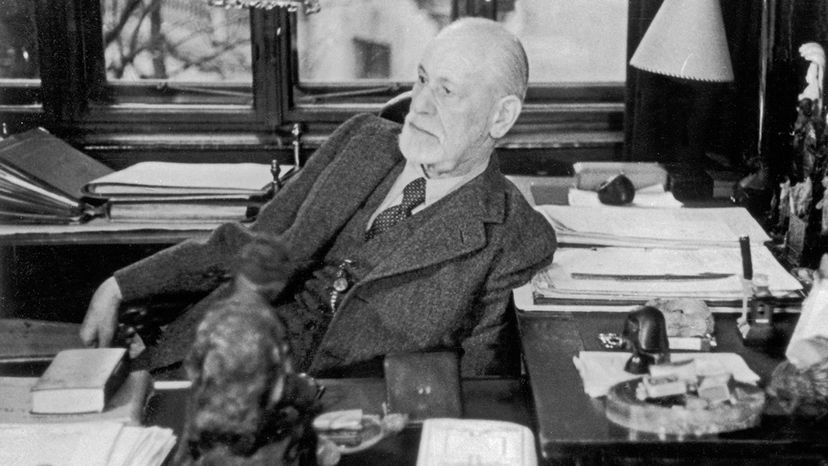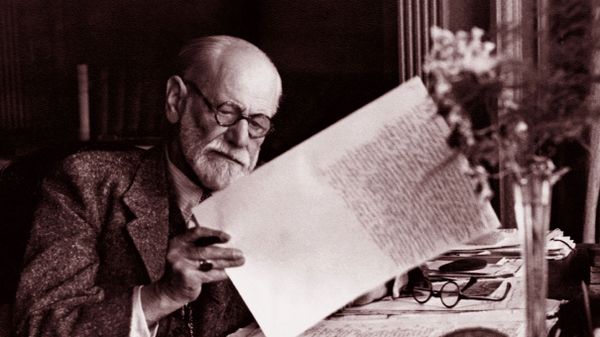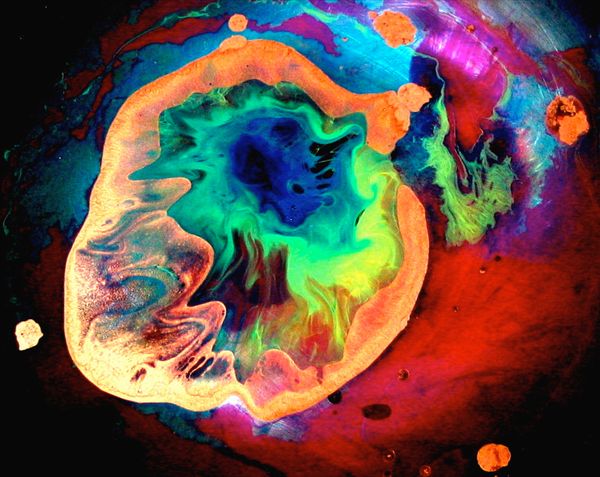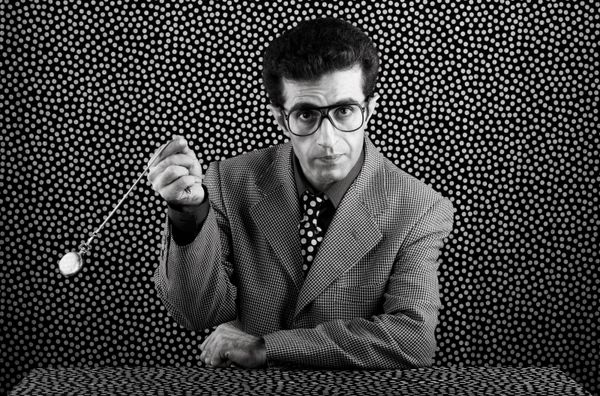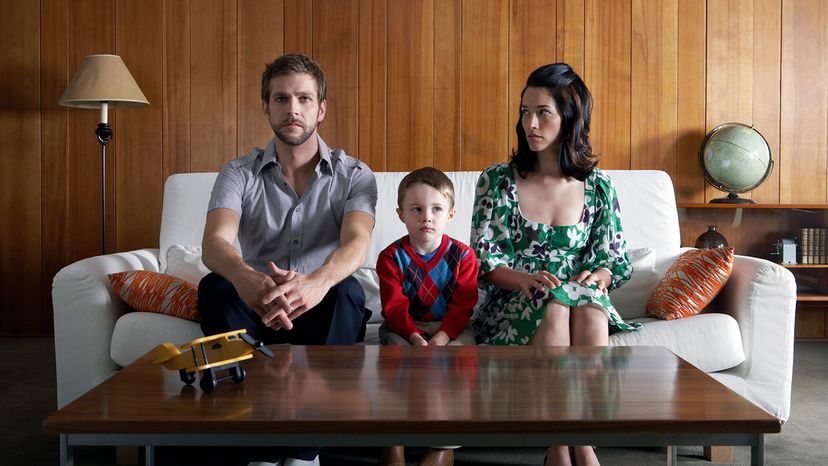
History has not been kind to Sigmund Freud. In fact, if Freud, once believed to be among the greatest thinkers of the 20th century, could see what some people today are doing to his legacy — to the very idea of psychoanalysis, his baby — well, he'd probably accuse them of penis envy or something. Freud and his Oedipal complex may have lost some influence in our modern discourse, but do they still matter?
Sigmund Freud, the father of psychoanalysis, the man who introduced us to the id, the ego and the superego, the man who offered up ideas like repression and defense mechanisms — and, yes, penis envy — is not the towering figure he once was. Still, as much as some might try, we still can't seem to shake entirely clear of him or his ideas. In this article, we'll explore whether what Freud believed holds any scientific weight in today's world.
Advertisement
